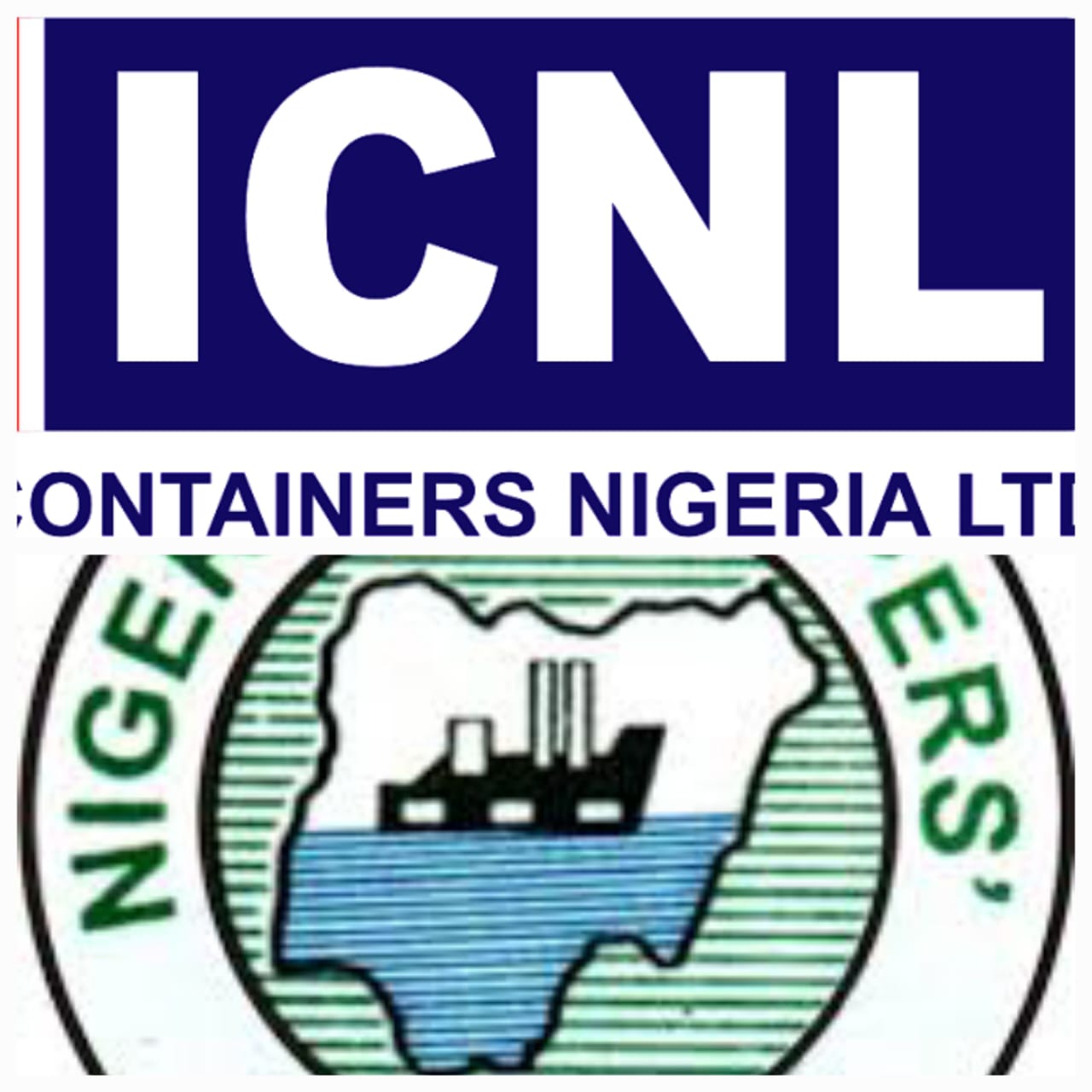The Nigerian Shippers’ Council (NSC), has ordered Inland Container Nigeria Limited, (ICNL), an operator of Kaduna Inland Dry Port, KIDP to pay 70 percent liability for damaged export containers of Black Eye Beans.
NSC explained in a statement that the order came as a resolve to a complaint of two damaged export containers of Black Eye Beans being exported to Jebel Ali port in Dubai, United Arab Emirate, shipped from Kaduna Inland Dry port, KIDP by USBAB Multi Choice Ltd. (Exporter).
According to the council, USBAB attributed the damage to the delay allegedly caused by ICNL (Forwarding Agent) and MAERSK Nigeria Limited (Carrier).
The council explained that in a letter of complaint received through its Kaduna office, the Managing Director of USBAB Multi Choice Ltd, Usman Ahmad, put the value of the damaged export at $104,111.75, while the total terminal and documentation cost was N1.65 million.
Ahmad who identified delay by ICNL and MAERSK as being responsible for the damage, requested the council’s intervention for refund of the loss.
Ahmad said “if the cargo was shipped on schedule, having paid all necessary charges to ICNL from the beginning of the transaction, the damage would have been avoided”.
Giving a breakdown of what transpired from when the cargo was forwarded to ICNL to when it was eventually shipped out of Nigeria, the complainant denied receiving any notification from either FPIS or ICNL on recommendation that fumigation should be repeated after expiration of 21 days as contained on the certificate of Quality, Fumigation, Good Packaging Materials and weight .
The exporter further presented additional claims received from the importer in Dubai and other documents and requested the assistance of the NSC in recovering all funds spent on the beans and the export processes.
According to the NSC, it held a meeting at the Kaduna Port Office where all relevant parties- Complainant, KIDP/ICNL, Federal Produce Inspection service (FPIS), Anglia International services Ltd (Pre- shipment Agent) and Shippers’ Council’s complaints team from the head office were in attendance to amicably resolve the lingering complaint.
The chairman of the meeting and Deputy Director, Kaduna Port Office, Mr. Paul Garnva welcomed all parties to the meeting and informed that Kaduna Port Office regulates the dry port and protects shippers in terms of cost, effective and efficient service delivery.
He noted that since the commencement of operations, over 16,000 Twenty Equivalent Unit, TEU’s import containers have been cleared, while over fifty 50 TEU’s export containers were handled.
He added that the essence of the meeting was to dialogue with a view to arriving at fair and amicable resolution.
The head of complaints Unit, Mr. Daniel Orume, a Deputy Director, accompanied by an Assistant Director, (complaints), Mr. Danjuma Buba and Mr. Hassan Aminu (a principal Operations Officer), however stated that the intervention was crucial, being the first to be held at Kaduna Port Office.
He said in line with NSC ‘s Port Economic Regulation Order, 2015, the complaints Unit was saddled with the responsibility to find solutions to issues relating to disputes between providers and consumers of shipping services in the industry.
He stressed that, for the council to carry our investigation and reach necessary resolutions, it relied on documents presented by all parties.
He pointed out that from the Nigeria Drugs Law Enforcement Agency, (NDLEA), the containers were put on hold for almost one month. On ICNL’s counter submission that they were informed late by MAERSK Nigeria, the council sought empirical evidence to authenticate when both MAERSK and NDLEA informed the Terminal as well as when they engaged NDLEA for the release of the containers.
The council further sought clarification from FPIS, statutorily responsible for issuance of certificate of Quality, Fumigation, Good Packaging Materials and Weight, and explanation on which of the agencies in the export clearance chain is in charge of moisture owing to the fact that the space for moisture content of commodity on the certificate was blank.
The Council also raised issues such as; delay in trying to correct the Bill of Lading of the damaged cargo; sought to know from the pre-shipment Agent, the type of container most suitable for export of agricultural produce; and who is to advise on Packaging of all export cargoes?













